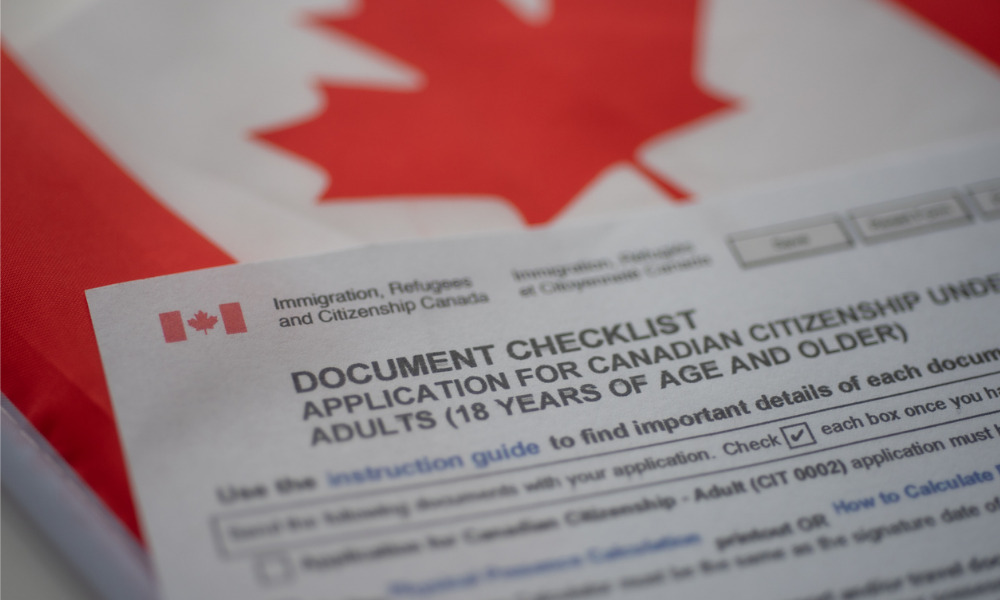Effects of deportation should be considered separately from effects of loss of citizenship

The Federal Court of Canada has confirmed that the loss of citizenship status would not automatically trigger removal from Canada because there are still remedies to prevent removal.
In Gucake v. Canada (Citizenship and Immigration), 2022 FC 123, the applicant, Roko Netani Gucake, was born in Fiji and lived in Australia to study. Gucake was convicted of criminal charges in both Fiji and Australia, and was imprisoned in Australia for more than two years before returning to Fiji.
Several years later, Gucake applied for a permanent resident visa in Canada. In the application, Gucake declared that he had never committed a criminal offence in any country. Gucake also failed to disclose the fact that he had attended university in Australia and resided there for several years. Despite these omissions, the application for was eventually approved and Gucake entered Canada with his wife and children. They became Canadian citizens in 2005.
In 2007, the Canada Border Services Agency found out about Gucake’s misrepresentations and Immigration, Refugees, and Citizenship Canada (IRCC) revoked Gucake’s Canadian citizenship. The IRCC was of the view that the deliberate withholding of information about past criminal convictions in order to obtain permanent resident status “strikes at the integrity of Canada’s immigration program.”
Gucake argued that the IRCC failed to reasonably consider all their personal circumstances, including the best interests of their children and grandchildren and their establishment and rehabilitation in Canada.
The IRCC countered that the consideration of Gucake’s circumstances was premature because all that had happened was a loss of citizenship status, which did not automatically trigger removal from Canada. The Federal Court agreed with the IRCC and further pointed out that there were available remedies to prevent removal, such as a temporary resident permit and a stay of removal on the basis of humanitarian and compassionate considerations.
In addition, Gucake’s argument concerning the best interests of their children and grandchildren focused on the possible impact should the applicant be removed, which was distinct from revocation of citizenship. According to the IRCC, such consideration would be more properly dealt with at subsequent proceedings addressing his potential removal from Canada.
The court also noted that Gucake enjoyed the benefits of his misrepresentation for 19 years, so it was reasonable for IRCC to conclude that his establishment and rehabilitation in Canada deserved to be given little weight. As Justice Gascon in Semana v. Canada (Citizenship and Immigration), 2016 FC 1082 said, “there is nothing unreasonable in a conclusion that establishment under illegal circumstances should not be rewarded…persons ought not to benefit from their circumvention of immigration laws.”
Overall, the court ruled that the IRCC decision satisfied the reasonableness standard because it was based on an internally coherent and rational chain of analysis that was justified in relation to the facts and law.










